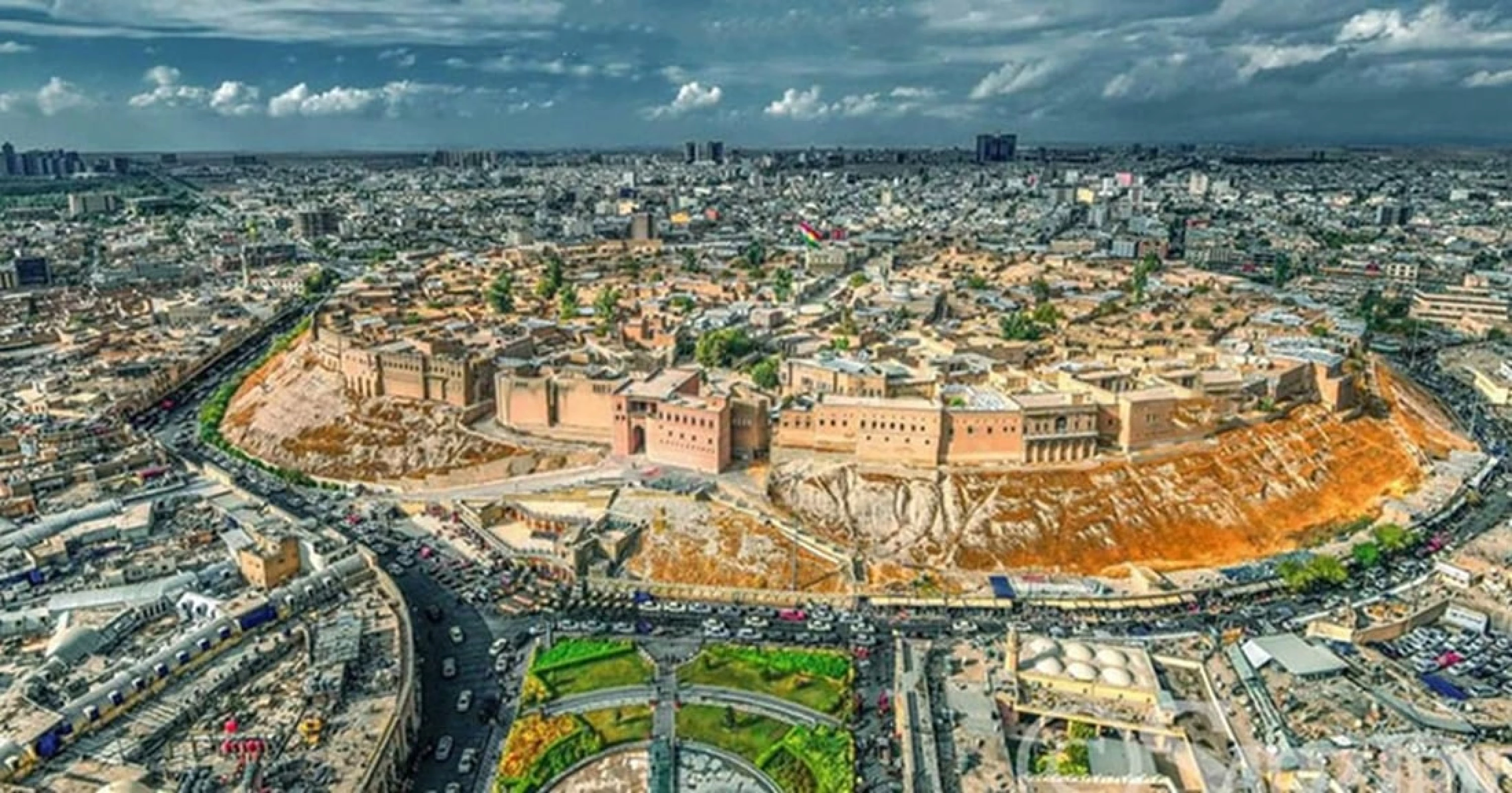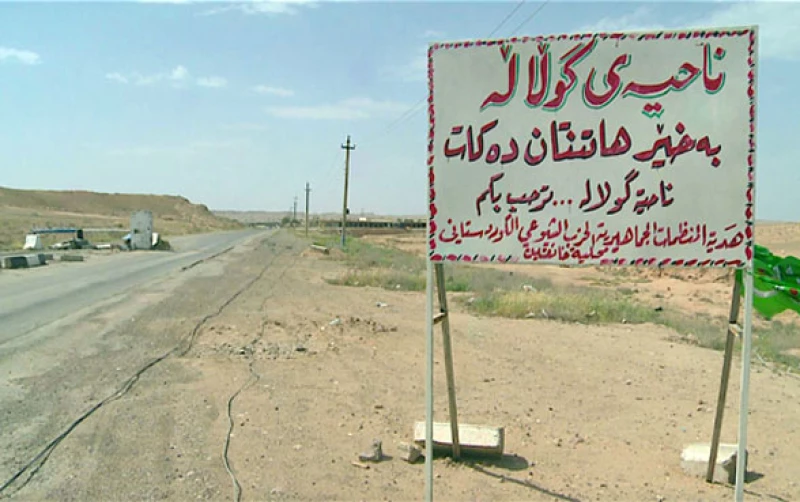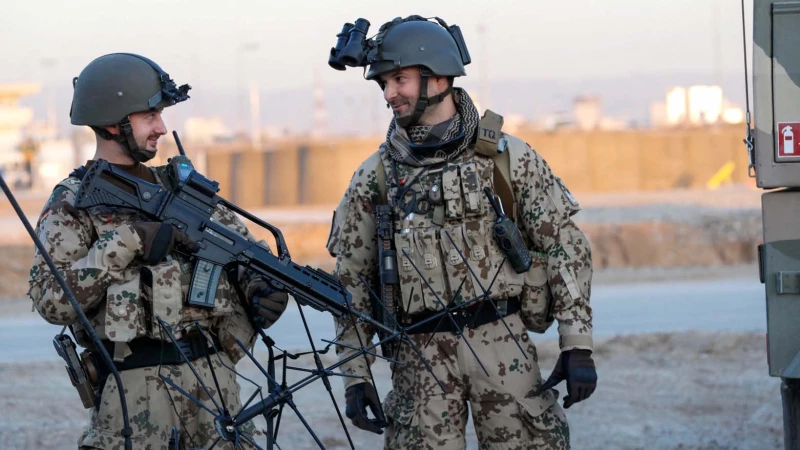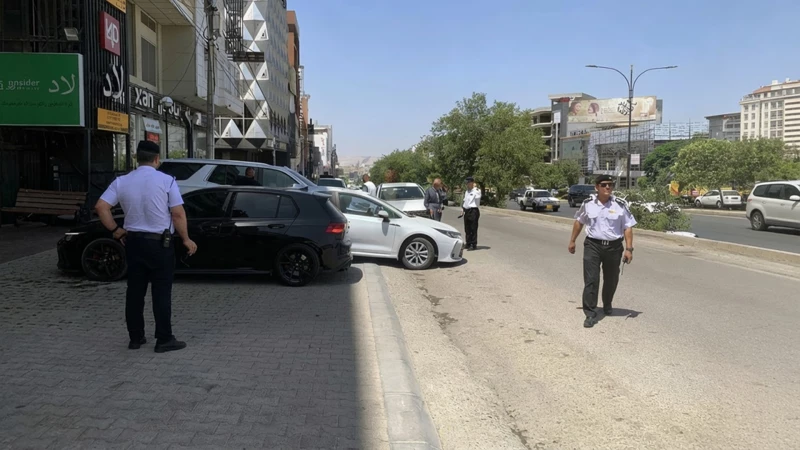ERBIL, Kurdistan Region of Iraq - The wastewater recycling project supporting Erbil’s major Green Belt initiative is set to be completed soon, with the first phase already implemented, an official told The New Region on Saturday.
The project is expected to recycle up to 840,000 cubic meters of sewage water per day, which would later be used for irrigating green spaces.
“The first phase of the project has been implemented, and in the coming days, the second phase of the project will begin,” Ari Ahmed, head of the water and sewage directorate, told The New Region on Saturday.
During the first phase, wastewater from Erbil’s 120-meter ring road will be diverted through a line to the main treatment station, Ahmed said.
The official highlighted that the wastewater is collected at the main station, purified using advanced filtration, and then reused to irrigate green spaces, including Erbil’s green belt as well as its parks and gardens.
The Kurdistan Regional Government (KRG) has launched several environment-friendly projects in recent years to preserve underground water sources and provide clean water to citizens.
On Thursday, Prime Minister Masrour Barzani inaugurated the Erbil Green Belt, a major environmental initiative to expand green spaces and protect the city from unchecked urban development.
The project will involve planting millions of trees and constructing more than ten water retention ponds. Stretching more than two kilometers behind the 150-meter ring road, the belt is designed to boost afforestation, address climate change, and safeguard agricultural land from being converted into commercial or residential use.
On October 23, Masrour Barzani inaugurated the Qushtapa Water Project in Erbil, hailing it as an initiative by the KRG to combat water scarcity and provide clean water to thousands of residents amid worsening drought in Iraq.
Another landmark water supply project in Erbil is set to be over 65 percent completed by November and will provide clean water to half of the Kurdistan Region’s capital. For years, Erbil’s residents had suffered from intense water shortages.
Iraq has faced worsening water shortages in recent years, with analysts warning the scarcity is expected to intensify in the coming years.



 Facebook
Facebook
 LinkedIn
LinkedIn
 Telegram
Telegram
 X
X


